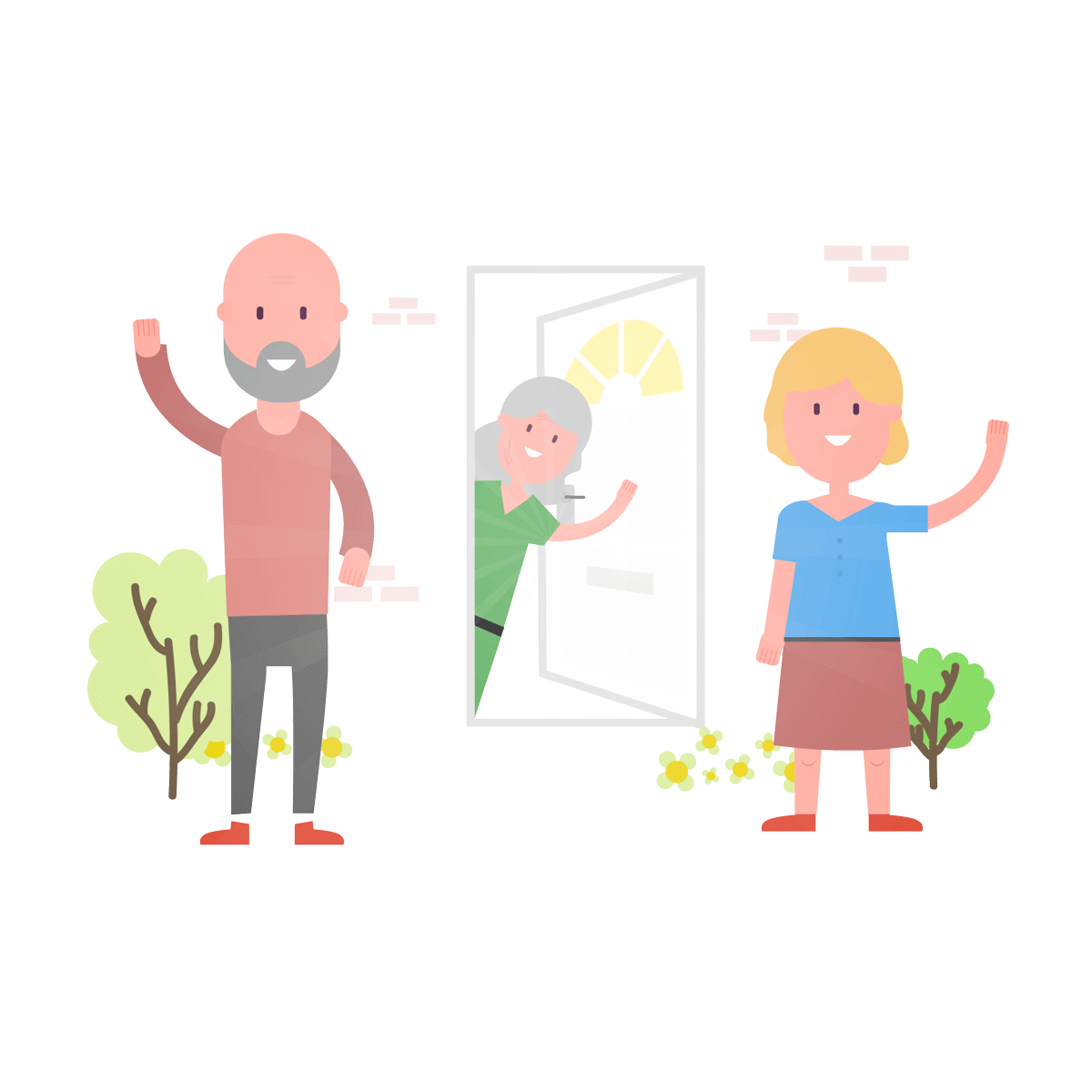


Is ageing and decline something that happens to you or can you choose to age well?
If you’ve been following Evermore, you know that we actively campaign against ageism. We think that every age and stage of life should be embraced. Yet sadly this doesn’t seem to happen and society’s attitudes towards ageing are acting as a barrier to many people enjoying a later life in full colour.
Ageism truly is the last ism. It’s still deemed ok to make fun out of someone or to think they’re ‘’less than’’ because of their age. Marketers continue to put older people into a nebulous group they call “the over 65s” ignoring the fact that someone who is 70 is completely different to someone who is 90 (or maybe they are similar but that’s due to personality, not age!). And people regularly use terms like elderly or pensioner to denigrate.
But it seems there is a shift. We read this great blog the other day by Sir Muir Gray (@muirgray) called ‘A quest for clearer thinking on ageing’. Sir Gray is a consultant in Public Health at Oxford University Hospitals Trust and he wants to challenge views on ageing. He said:
“Most people, including most clinicians, have a muddled concept which they may refer to as ‘ageing’ or ‘growing older’ and which they perceive as inevitable.”
According to Sir Gray, ageing is a normal biological process that starts around 30 and involves a decline in vision, hearing, skin elasticity, immune function and resilience. The diseases often associated with ageing can be to do with lifestyle and environmental factors.
Effectively it’s not ageing that causes the majority of our health problems in later life, it’s our lifestyle. If you don’t believe us, the BBC’s ‘How to Stay Young’ programme provides a good demonstration of the impact that lifestyle changes can have on your body’s true age.
As a society, we need to collectively and individually wake up to the fact that decline and ageing doesn’t have to go hand in hand. We can and must take responsibility for how we age.
We can choose to age well by staying active, remaining connected to our community, and continuing to follow our passions. And we can choose to age well by reframing the way we think about later life.
Choosing to age well and reframing the way we think about later life will deliver countless benefits to the individual but also to the health and social care system. We need more conversations in the UK about what living a good later life means, and what we can do at every level of society to enable every individual to achieve it.
Are you going to be part of the conversation?
By continuing to use the site, you agree to the use of cookies. more information
The cookie settings on this website are set to "allow cookies" to give you the best browsing experience possible. If you continue to use this website without changing your cookie settings or you click "Accept" below then you are consenting to this.